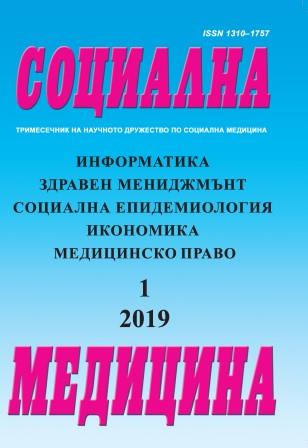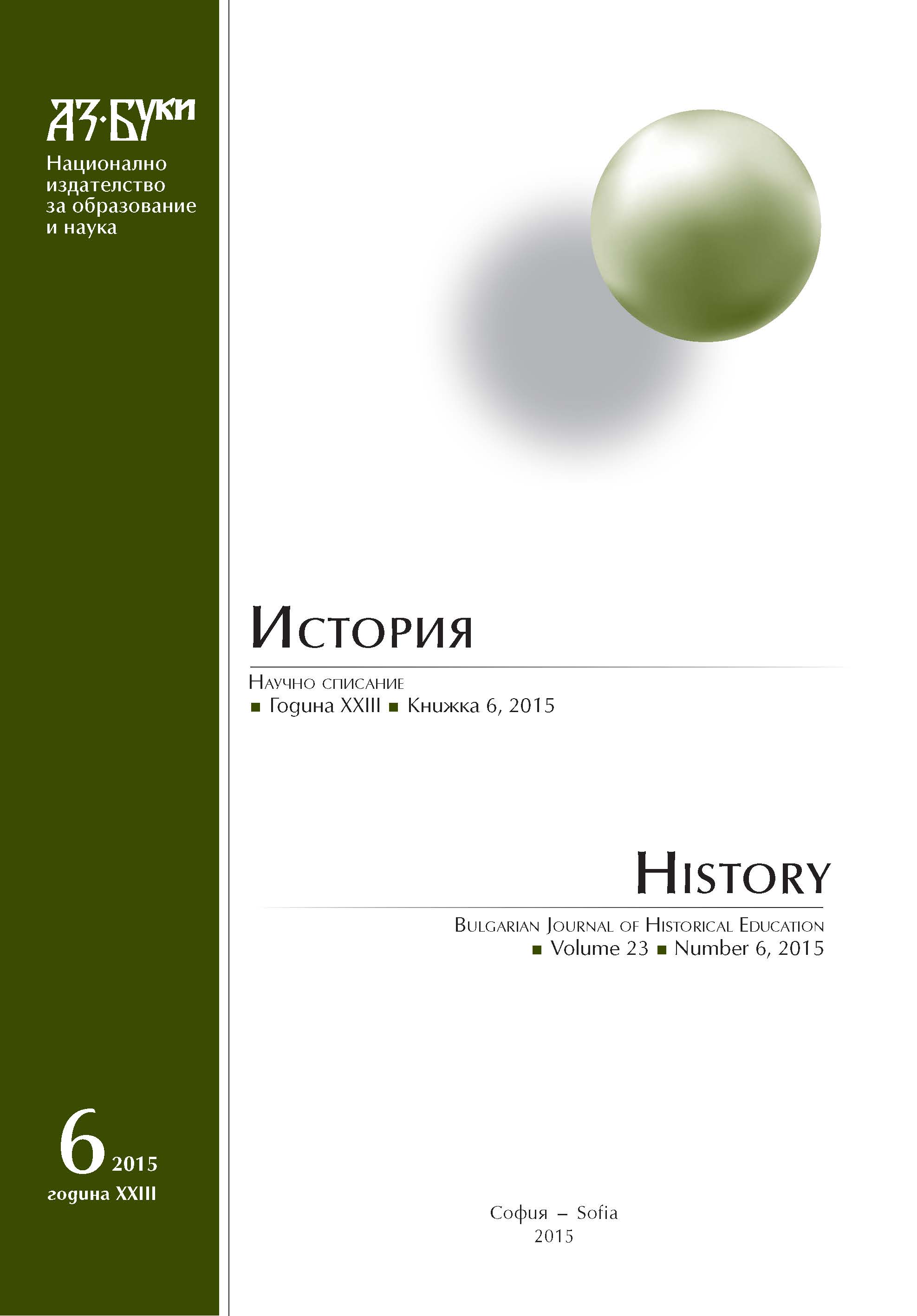
We kindly inform you that, as long as the subject affiliation of our 300.000+ articles is in progress, you might get unsufficient or no results on your third level or second level search. In this case, please broaden your search criteria.

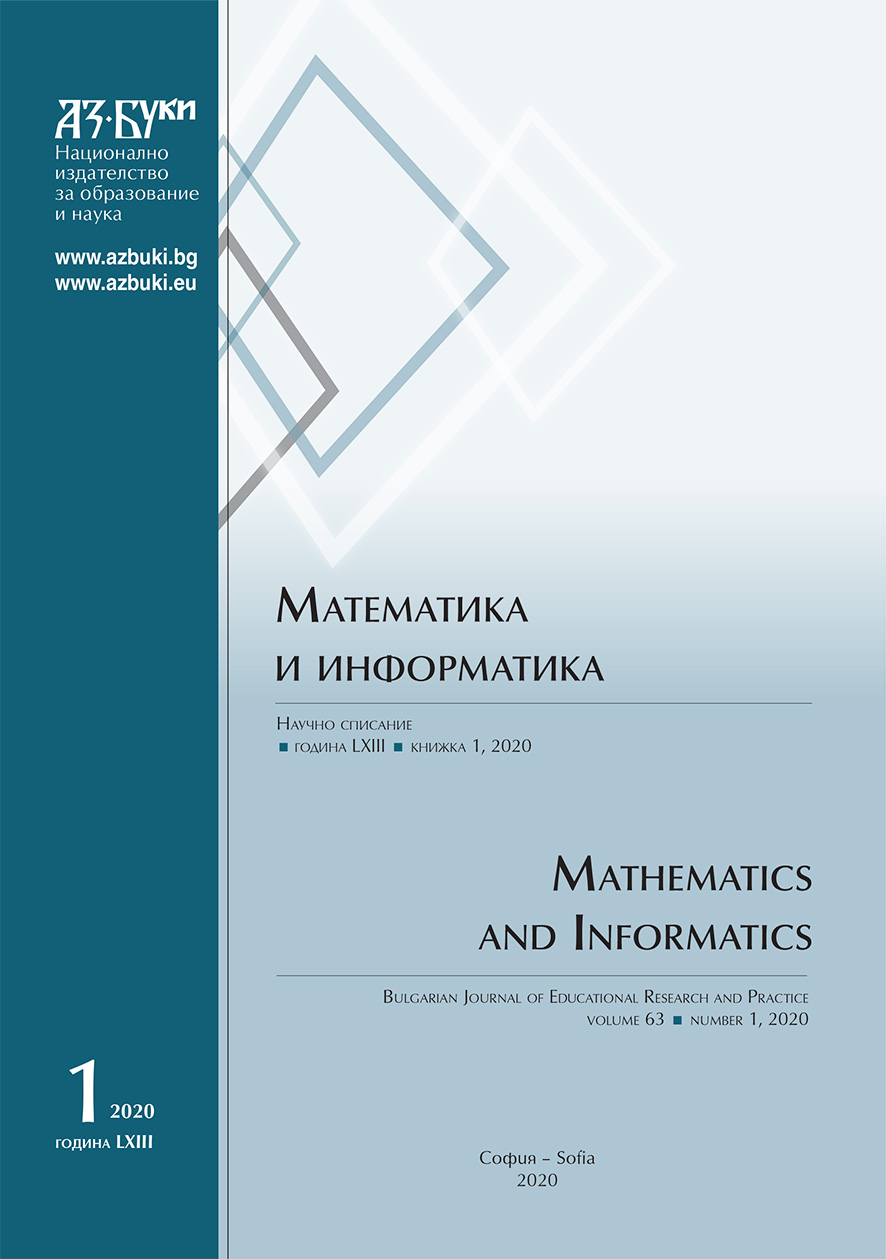
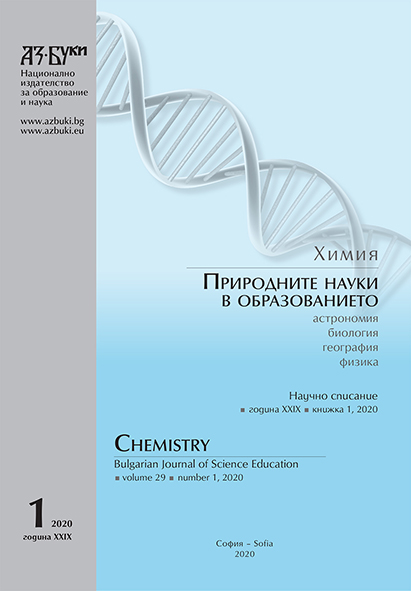
Robert College (RC), the first American college around the world, was founded by Mr. Christopher Rheinlander Robert in Istanbul (Constantinople) in 1863. The college started education with 20 students with the leadership of Dr. Cyrus Hamlin. Initially two departments of instruction were planned: preparatory and collegiate.
More...
This text is written by Professor Boian Mutaftschiev (1930 – 2020). The years of the Depertment of Physical Chemistry of the University of Sofia after the WWII, when the intensive research studies were renewed, are described
More...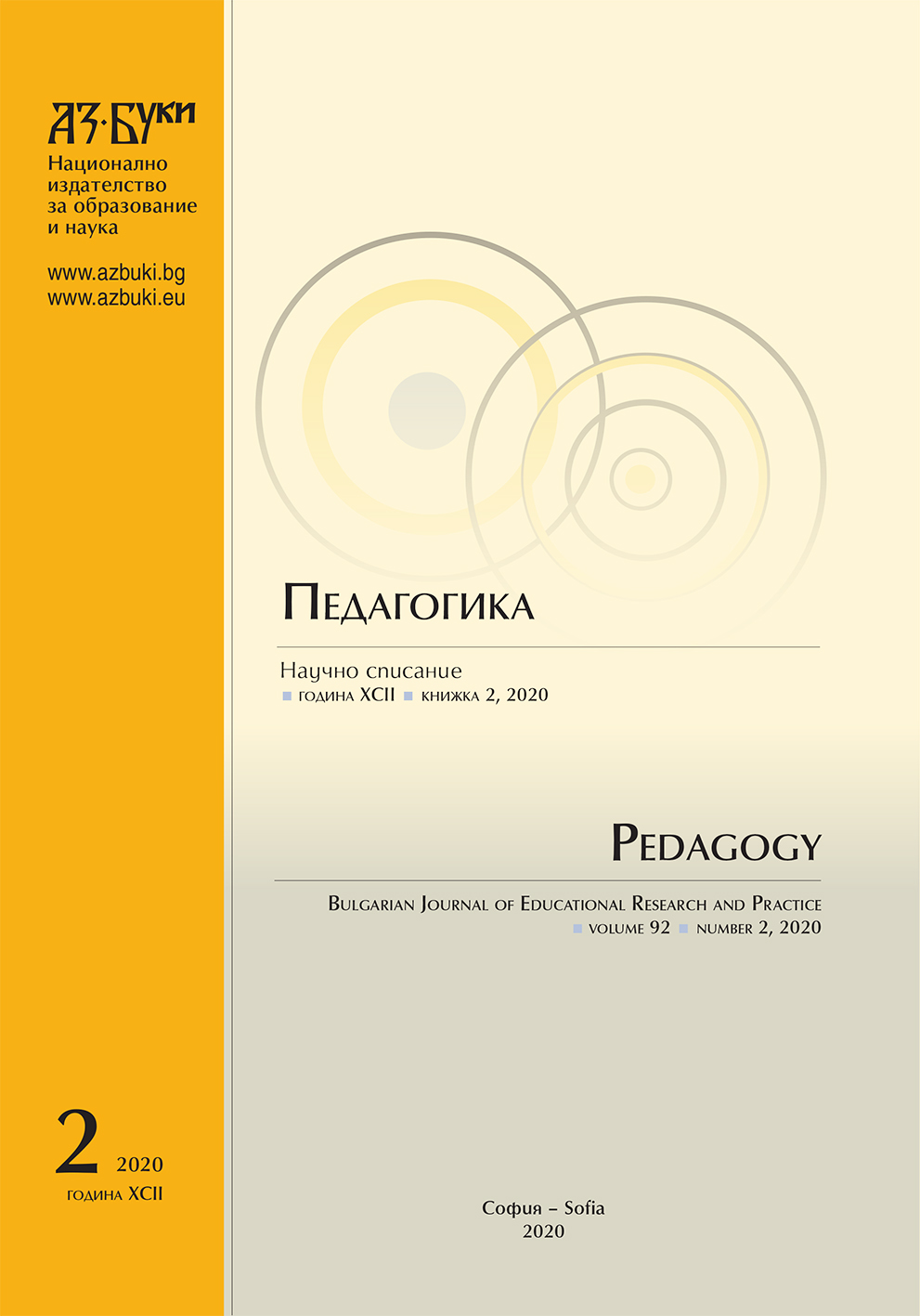
The article contains analysis of Prof. Dimitar Мishaykov’s cultural and educational views, as well as analysis of the major manifestations of his educational policy. Professor Dimitar Mishaykov is one of the distinguished figures in the new Bulgarian history. Having received a solid education in the country and abroad, he established himself as one of the leading university professors and specialists in the field of political economy and statistics. During the 1920s he took part in the government of the country as a member of the parliamentary group of the Democratic Union and as a Minister of Trade, Industry and Labor in the third cabinet of Andrey Lyapchev. In his political activities he stood out as a specialist with his own well-reasoned position. His second participation in the government of the state was as Minister of Education in the second cabinet of Georgi Kyoseivanov. For the short period of heading the Ministry of Education he succeeded to achieve continuity in the policy of that government department, as well as to repeal and correct some decisions of previous governments, thus bringing peace to the public and cultural-educational life of the country. Professor Mishaykov carried out important reforms in education, contributing in its further development. Some of his opinions on culture and education related to youth’s patriotic and civic education are still relevant nowadays.
More...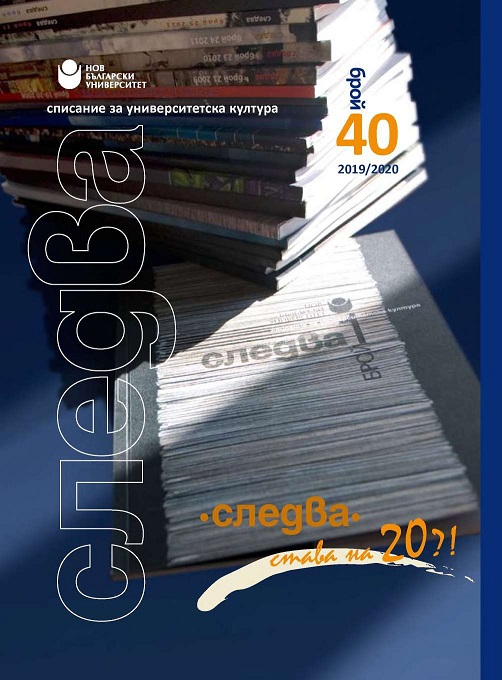
A blitz interview with Sneshina Petrova, award-winning actress and university professor, on her recent theatre and social project “Medea.”
More...
Five stories by the Oman writer and Man Booker International prize winner Jokha al-Harthi full of vigor and color, subdued emotions, subtle social and gender insights. SLEDVA is proud to host this first appearance of the author in Bulgarian. The stories are selected and translated from the Arabic by Dr. Nedelya Kitaeva, who is teaching Arabic language and Culture at the New Bulgarian University.
More...
A travelogue that combines modern pilgrimage with subtle observations of an art historian focused on the Christian Orthodox art and its astonishing monuments and relics in West Georgia.
More...
The ever growing and updating Shakespearian context is the topic of this article examining the almost simultaneous appearance (in Bulgaria, 2019) of a book, a film, and a theatre production related to the Bard: the book is “Nothing Like the Sun” by Anthony Burgess (translated by M. Melnishka), the film is Kenneth Branagh’s “All Is True”, and the theatre production is “Romeo and Juliet” at the Mladezhki Theatre (Youth Theatre) in Sofia.
More...
The main focus in this study is the unique individual reception of the Expressionism in some of Eugene O'Neill’s plays from the 1920s: "The Emperor Jones" (1920) and "The Hairy Ape" (1922). A strong source of influence is August Strindberg and his experiments at the Chamber Theater in Stockholm. This can be traced by pointing out common thematic and stylistic features in Strindberg's trilogy "The Road to Damascus" and O'Neill's "The Emperor Jones". Another major source of influence is the German Expressionist movement from the first quarter of the 20th century, especially some of the leading playwrights like Georg Kaiser and Ernst Toller. Yet another source of influence are the German Expressionistic films of R. Wiene, F. Lang and Murnau, which followed most of the principles of the avant-garde trend.
More...
The task of this text by the is to outline the main political and ethical ideas that Georgi Markov (Bulgarian writer and dissident, murdered in exile by the Secret Services) maintains in his constant and often radical criticism towards Bulgaria regime during the years. Italian professor Giuseppe Dell’ Agata’s main point is related to Markov’s unshattered conviction that the Bulgarian regime created by the Communist Party had nothing to do with the communism or the socialism but was simply an example of state capitalism.
More...
This article explores the general content of printed advertisement, its elements and their interaction. By making a brief presentation of the different elements involved in print advertising, the research attempts at presenting and summarizing the role in advertising of illustrations and photographic images in particular. The study will also try to give a clear answer to the question concerning the quantity of photographic images compared to other types of illustrations, drawings, collages or computer generated images in Bulgarian print advertising during the period 2000-2017.
More...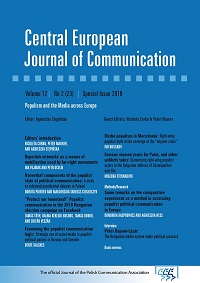
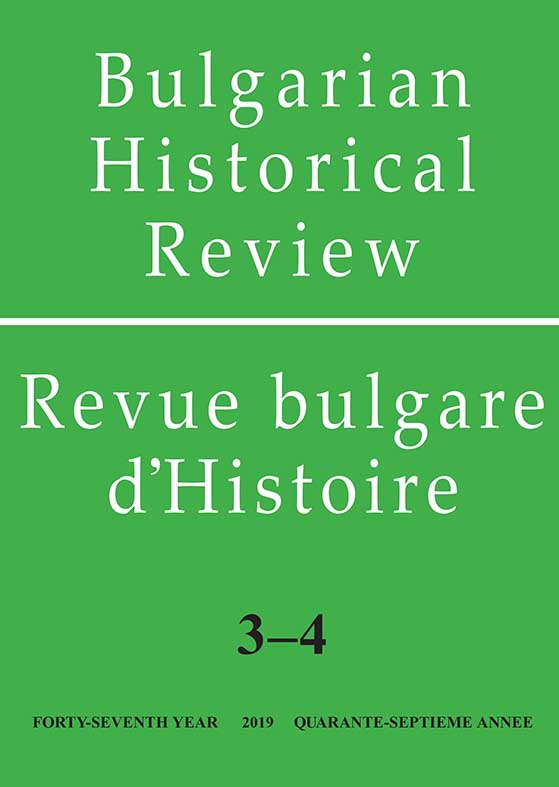
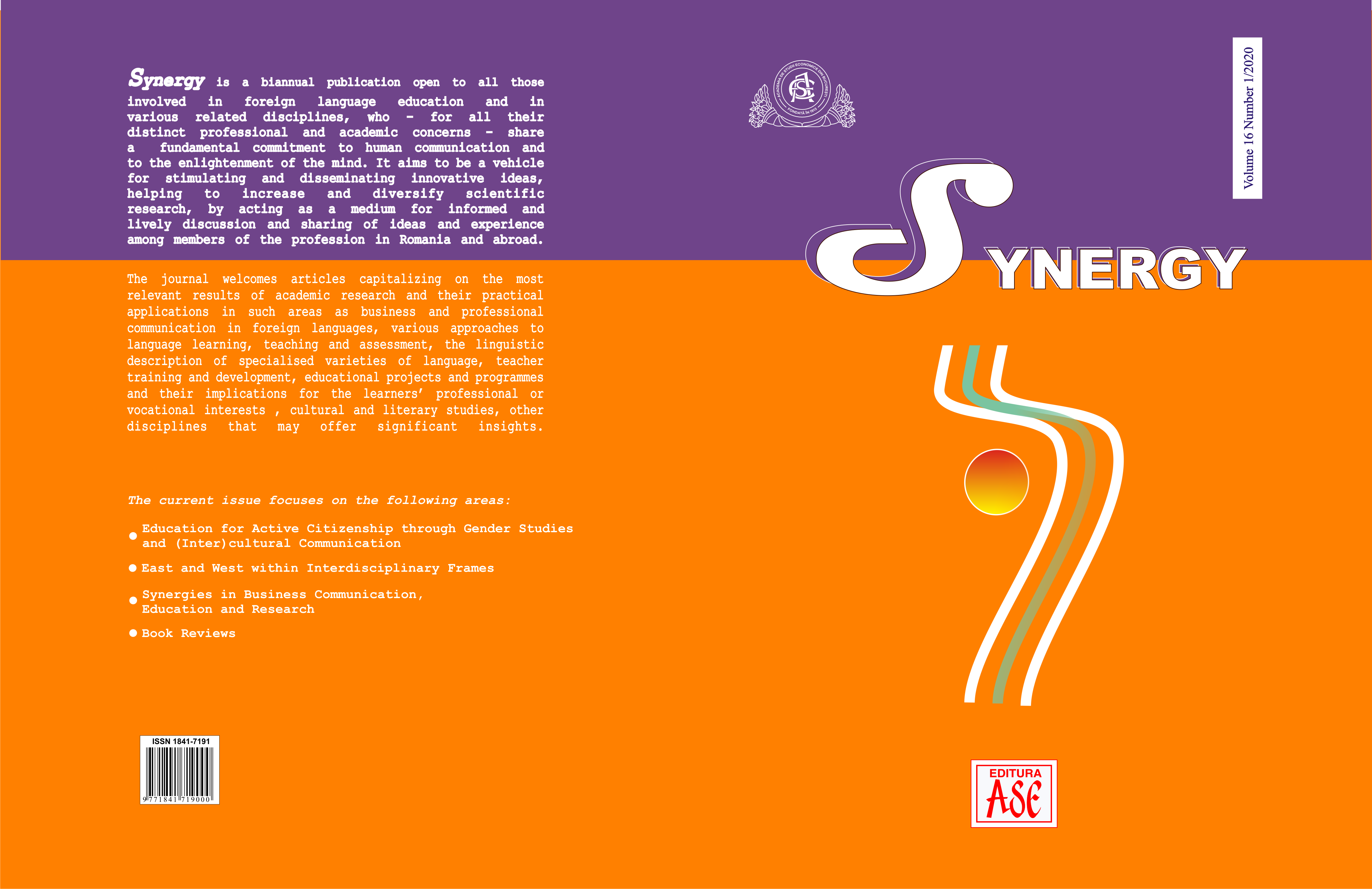
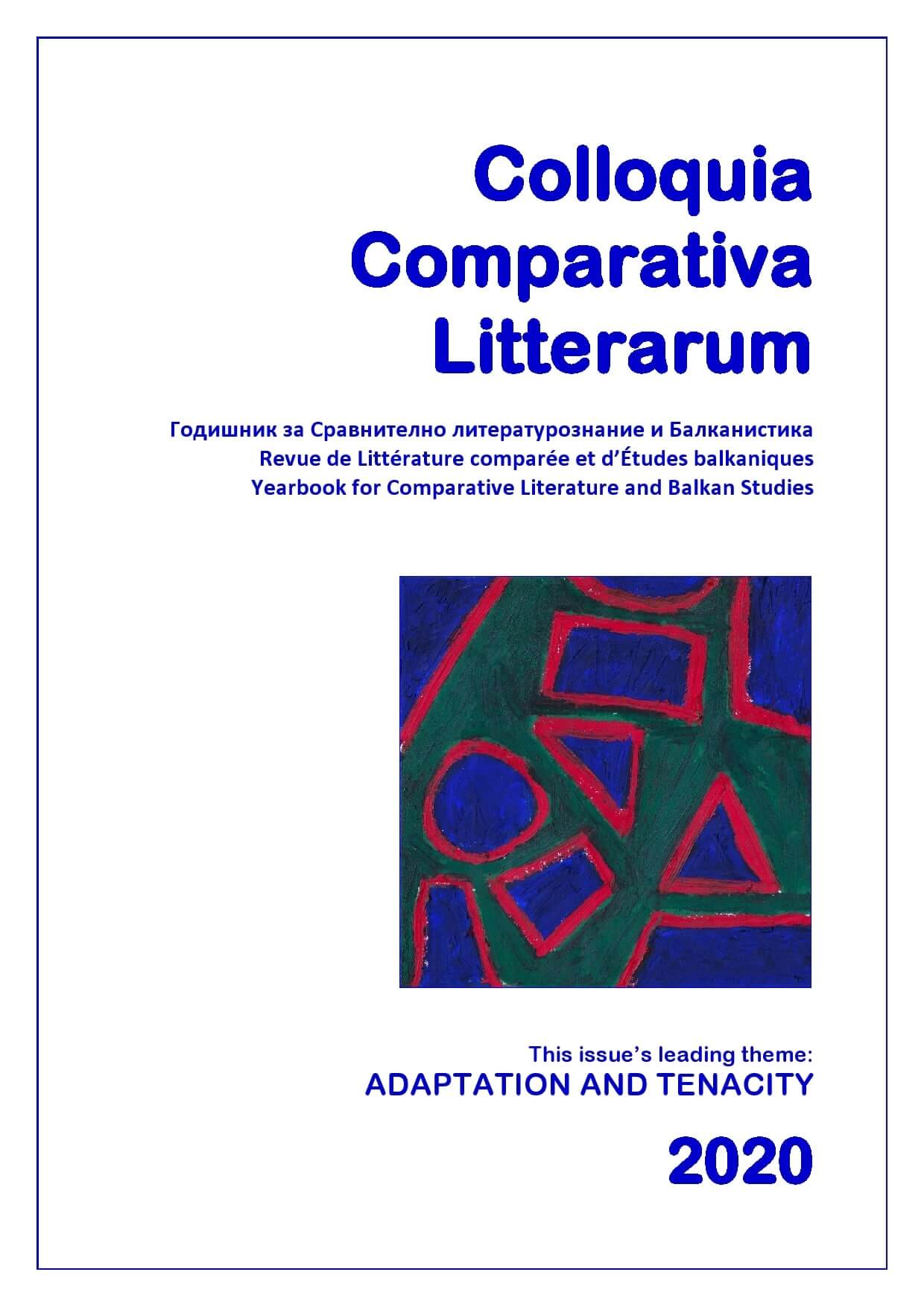
Book review: Miloš Crnjanski, the Slavic Cultural Community and the Dialogue among Slavic Nations. Book review: Valentina Sedefceva. The Slavic theme in the novels by Miloš Crnjanski / Milos Tsernianski.
More...
Book review: Olena Berezovska Picciocchi. The Corsican Mazzeru and the Carpathian Molfar: Ancient Characters of European Legends. Preface by Karin Ueltschi-Courchinoux. Riveneuve, 2019.
More...
Book review: Margarita Serafimova. L’Espace dans la littérature. Le rôle des lieux et la construction des sens. Veliko Tarnovo, Faber, 2018.
More...![Alicja Jaskiernia (2018). Monitoring wolności mediów w Europie [Monitoring Media Freedom in Europe]. Warsaw: Oficyna Wydawnicza ASPRA-JR pp. 487 ISBN: 978-83-7545-840-4](/api/image/getissuecoverimage?id=picture_2020_54907.JPG)
